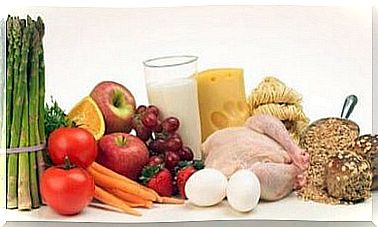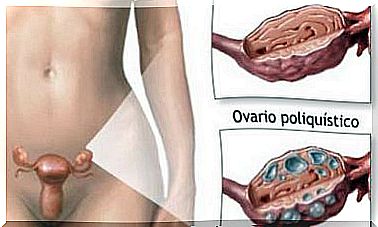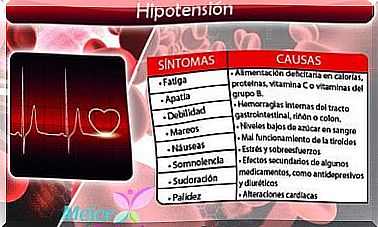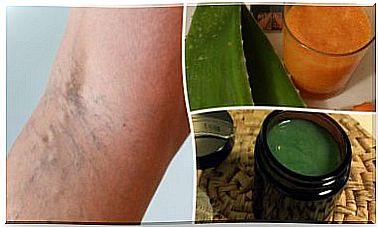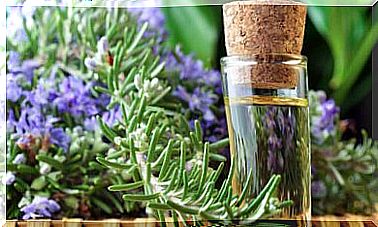Properties Of Poppy Seeds
Poppy seeds come from the flower of the same name and are used as a popular ingredient in cooking. In addition, they have great nutritional value, as they are a good source of protein, minerals and fiber in the diet. We tell you everything you need to know about these seeds. Keep reading!
Poppy seed risk
First of all, we must comment that, although there is little literature on this subject, some cases of poisoning and dependence on poppy seed tea have been reported, as detailed in a report published in the journal Pain and Therapy .
Unwashed poppy seeds are freely available through websites, containing concentrations of opioids that come primarily from alkaloid residues retained in the seeds.
These seeds can be used to produce a tea that contains enough opioids to produce psychoactive effects and cause withdrawal symptoms when consumption is discontinued. That is why some people regularly use it as a pain reliever.
The seeds contain a negligible percentage of alkaloids and have long been considered safe for use in baking, although they can cause a false positive in drug tests .
The concentration of opioids in poppy tea can vary widely, in fact seeds are marketed for pharmaceutical use and others for food consumption.
Nutritional properties of poppy seeds
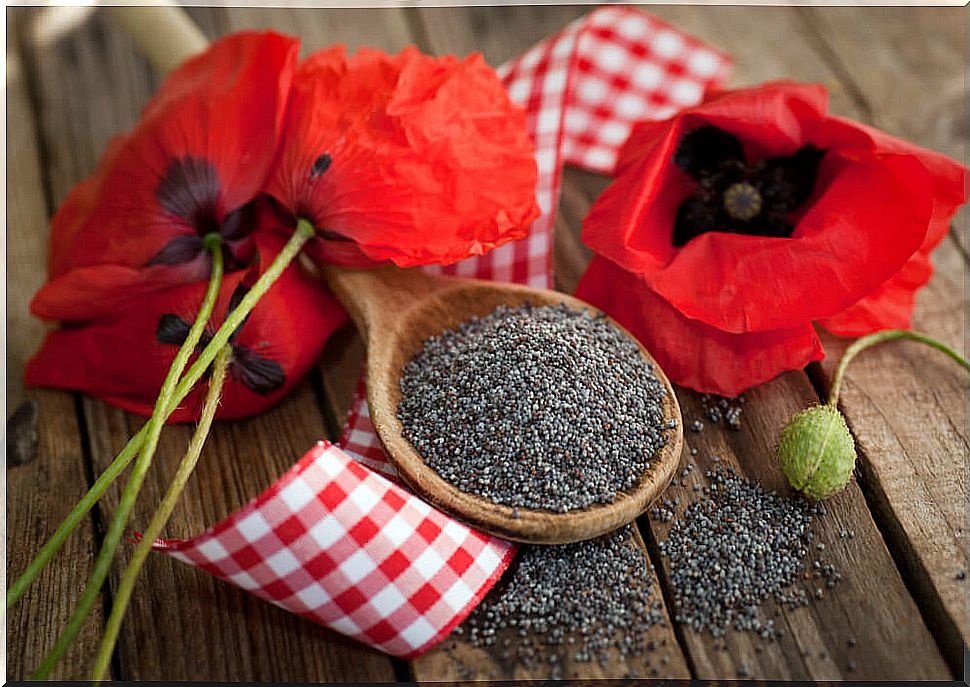
As we have already told, among the different uses of poppy seeds, it is found as a nutrient for meals. This is because one tablespoon contains 46 calories, 1.5 g of protein, and 4 g of fat. That is, they represent between 1% and 6% of the recommended daily value.
Now, as detailed in a study published in 2009, these seeds are a source of nutrients such as omega 3 and 6 fatty acids, vitamin E and essential minerals. We detail it below:
Fiber
Two tablespoons provide 7% of the daily value for dietary fiber. Coinciding with data from a study published in The American Journal of Clinical Nutrition , fiber promotes digestion, increases the feeling of satiety, promotes glucose control, and regulates cholesterol.
Vitamins
Poppy seeds are an important source of vitamins. It provides small amounts of B2, B3, B5 and B6, vitamin C and also contains 20% of vitamin E. It is the latter, as highlighted by research published in the journal Nutrients , it acts as an antioxidant and is decisive to modulate the functions of the system. immune.
Minerals
According to the data collected in SELF Nutrition Data , poppy seeds are a good source of minerals, such as manganese and calcium, and to a lesser extent magnesium, copper and phosphorus.
Calcium and copper
On the other hand, two tablespoons of these seeds provide 25% of the recommended daily doses of calcium and copper. In this case, coinciding with information disclosed in a Nutrients , calcium plays an important role in bone, heart and nervous system health.
For its part, according to a publication in the Journal of Trace Elements in Medicine and Biology, copper participates in the processing of cholesterol and the proper functioning of your immune system.

Poppy seeds in pregnancy
Although, as we have commented before, there are seeds that are marketed for medical use and others for food use, it is best for pregnant women to consult their doctor before consuming foods that contain these seeds.
Although complete information is lacking regarding the safety of seeds for the fetus, some studies suggest that opium can cause premature birth. In any case, in case of doubt it is always advisable to consult a specialist.
